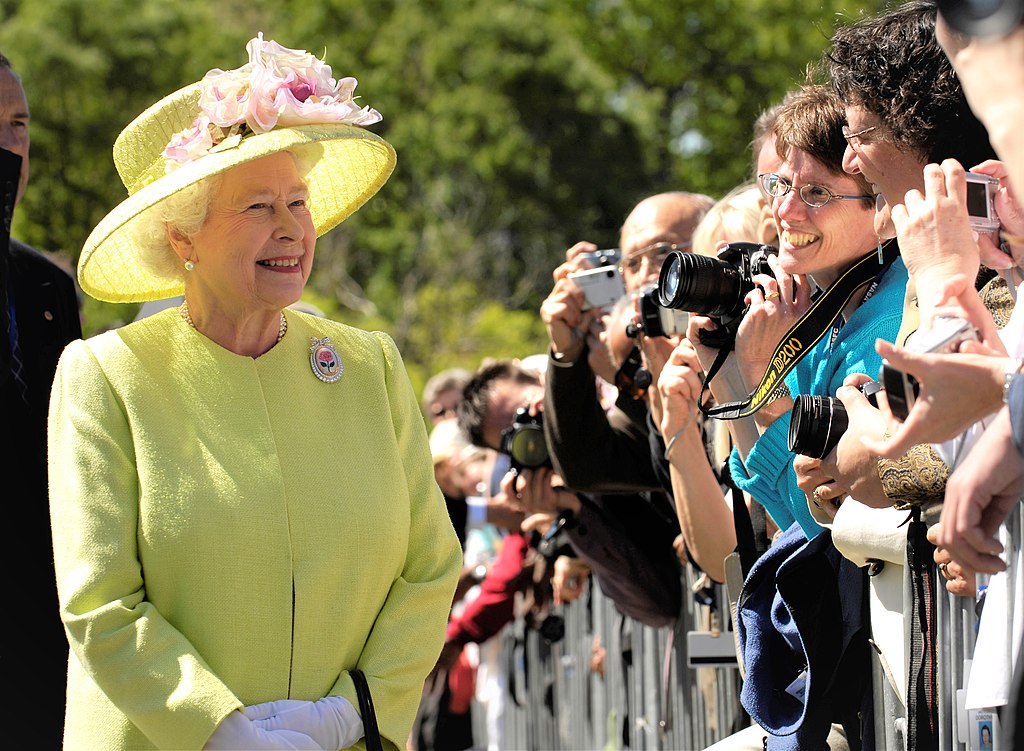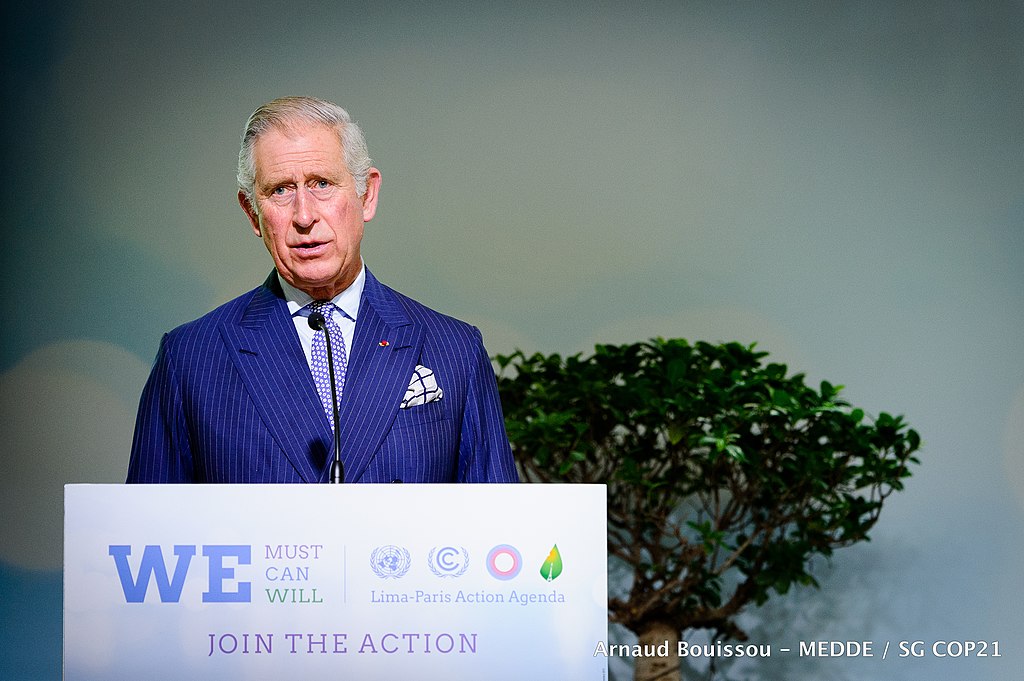 The U.K is mourning the loss of its much-loved monarch. Queen Elizabeth II passed away on September 8th, 2022 at the age of 96.
The U.K is mourning the loss of its much-loved monarch. Queen Elizabeth II passed away on September 8th, 2022 at the age of 96.
The Queen is known for many things -- from bringing stability to the British monarchy to guiding it through some of its biggest changes after World War II. She endeared herself to the public through her support for charitable causes, racial justice, and modernizing the monarchy to keep up with the times.
Did you know that throughout her 70-year-long reign, the Queen also advocated for the environment by example?
Environmental Legacy
To start with, the Queen's diet consisted solely of local produce. Purchasing groceries locally eliminates the need for shipping, a major contributor to carbon emissions.
She also maintained a frugal lifestyle by refusing to replace her decades-old furniture, re-wearing outfits, and taking vacations closer to home, in Scotland. She also chose to travel by the royal hybrid train over flying to reduce her carbon footprint. Furthermore, Her Majesty pushed world leaders to take greater action toward solving the crisis by stating, “The time for words has now moved to the time for action.”
While the Queen advocated for action against climate change herself, her family members are even more ardent environmentalists. Prince Philip, her husband, served as the President of the World Wildlife Fund and Prince William founded the Earthshot prize, a global environmental award given to individuals and organizations that are solving the climate crisis. However, the most involvement and impact came from Queen Elizabeth’s eventual successor and her son, King Charles III.
The New King’s Initiatives
 For over half a century, King Charles (then Prince of Wales) has advocated for a sustainable future. In 1970, he warned in a speech of the ”effects of pollution in all its cancerous forms”. He believes intuitively that healthy soil, water, forests, and a stable climate are essential for the next generations’ well-being.
For over half a century, King Charles (then Prince of Wales) has advocated for a sustainable future. In 1970, he warned in a speech of the ”effects of pollution in all its cancerous forms”. He believes intuitively that healthy soil, water, forests, and a stable climate are essential for the next generations’ well-being.
In 2020, King Charles launched the Sustainable Markets Initiative (SMI) at the World Economic Forum. He urged leaders gathered at the conference to make a combined global effort to transition to a sustainable future. SMI proposes a new economic model that defines growth as a "balance of natural, social, human, and financial capital" -- in other words, it puts people and the planet at the heart of how businesses create value.
Over the past few decades, he has promoted public awareness of the climate crisis through speeches, articles, books, and films.
Footprint Royale
Despite all the climate action from the Royal Family, critics contend that its royal footprint is of major concern.
Studies have found that the Royal Family’s carbon emissions total 3,810 tonnes per year. The average UK citizen, on the other hand, has a carbon footprint of just 10 tonnes per year. And despite King Charles’ efforts to promote conservation, the extensive trips by the royalty are dragging down their sustainability scores. Members of the Royal Family travel by private jet for conferences and talks, which emit 20 times more carbon dioxide per passenger mile compared to commercial planes.
However, the largest royal CO2 emissions come from the King’s farm - the Duchy Home Farm. While the King has put in efforts to make the farm sustainable and organic, its carbon footprint is equivalent to that of about 172 people.
Still, King Charles III will go down in history as England’s first eco-king. From running his beloved convertible on bioethanol to generating energy for his home from a hydroelectric turbine and solar panels, to going vegan for several days, the new king hopes to restore harmony between mankind and nature.
Sources: Washington Post, Princeofwales.gov.uk, SKY.com






